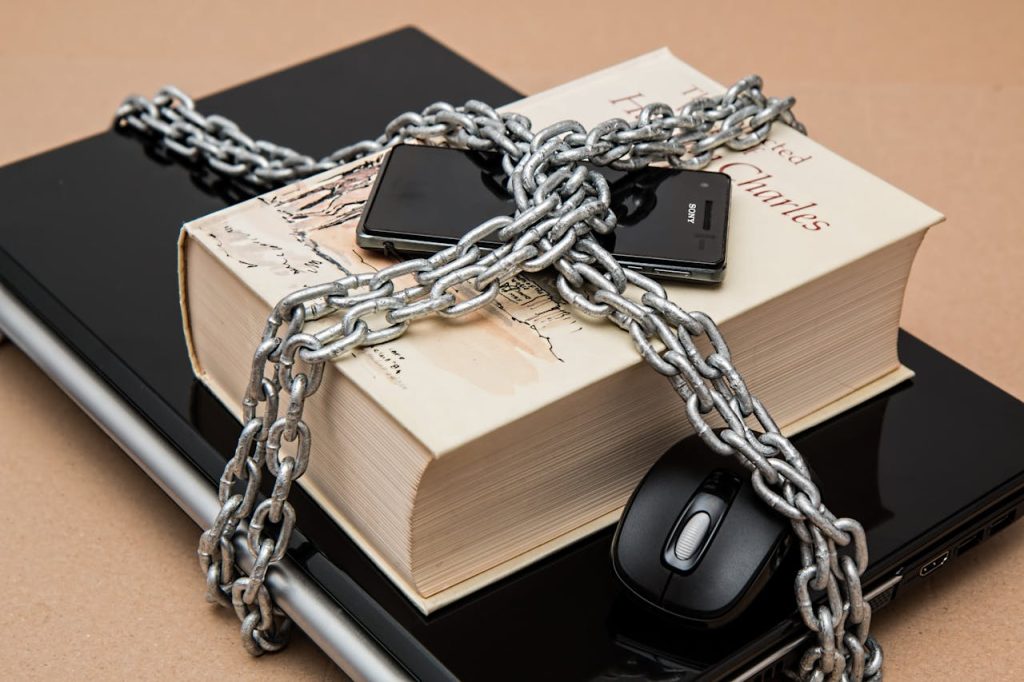
A VPN (Virtual Private Network) is one of the most effective and widely recommended tools for protecting your online privacy. It creates a secure, encrypted connection between your device and the internet — like a private tunnel that hides your activity from prying eyes.
Why It Matters?
Encrypts your internet traffic, so your ISP, hackers, or public Wi-Fi owners can’t read it
Masks your IP address, making your location harder to track
Lets you bypass censorship or region-blocked content, like news or streaming services
In simple terms: a VPN helps protect your privacy, anonymity, and security — especially in insecure environments.
When Should You Use a VPN?
✅ Public Wi-Fi – Protect yourself at airports, cafes, hotels
✅ Bypassing censorship – In countries where certain websites are blocked
✅ Avoiding surveillance – When accessing sensitive topics or whistleblowing
✅ Preventing tracking – Stops advertisers and data brokers from profiling you
✅ Remote work – Secure your company’s data over untrusted networks
✅ Streaming content – Access geo-blocked media (within legal boundaries)
When You Might Not Need a VPN
🔸 While at home on a trusted network and not accessing sensitive data
🔸 When using Tor or a hardened privacy-focused setup
🔸 If your VPN slows your connection and you don’t need anonymity
🔸 When your VPN logs activity (some free services do!)
Choosing a Trustworthy VPN
🧪 Key Features to Look For:
No-logs policy – They don’t store your activity
Strong encryption (AES-256, WireGuard, or OpenVPN)
Jurisdiction – Based outside surveillance alliances (e.g., not in 5/9/14 Eyes countries)
Kill switch – Blocks traffic if the VPN disconnects
DNS leak protection
Transparent privacy policy & security audits
VPN Limitations (Important!)
- ❌ Doesn’t protect you from phishing or malware
- ❌ Doesn’t make you anonymous like Tor
- ❌ Can be blocked by some websites and services
- ❌ Doesn’t encrypt data after it leaves the VPN server
🧠 A VPN is one tool — not a complete solution.
Further Reading and Resources
